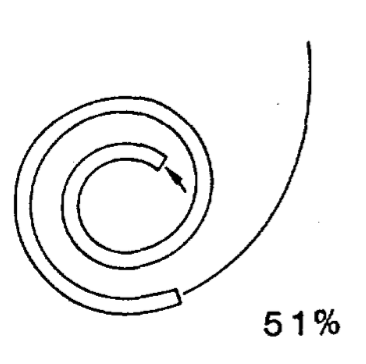Click here and press the right key for the next slide.
(This may not work on mobile or ipad. You can try using chrome or firefox, but even that may fail. Sorry.)
also ...
Press the left key to go backwards (or swipe right)
Press n to toggle whether notes are shown (or add '?notes' to the url before the #)
Press m or double tap to slide thumbnails (menu)
Press ? at any time to show the keyboard shortcuts

Does emotion influence moral judgment or merely motivate morally relevant action? (Reprise)
[email protected]
Does manipulating participants’ feelings influence their moral judgements?
Schnall, Haidt, Clore, & Jordan (2008) : yes
Chapman & Anderson (2013) : yes
Conway & Gawronski (2013) : yes
But the effects are probably small (Landy & Goodwin, 2015a).
puzzle
Why do feelings of disgust influence moral intuitions?
(And why do we feel disgust in response to moral transgressions?)
Q: What do adult humans compute that enables their moral intuitions to track moral attributes (such as wrongness)?
Hypothesis:
They rely on the ‘affect heuristic’: ‘if thinking about an act [...] makes you feel bad [...], then judge that it is morally wrong’.
(Sinnott-Armstrong, Young, & Cushman, 2010)
Objection:
The effects of feeling on moral judgement are small (Landy & Goodwin, 2015a).
Aside: Evidence for the role of emotion in moral judgement is weak compared to evidence for its role in judgements of risk (e.g. Slovic, Finucane, Peters, & MacGregor, 2007).
How could emotion influence moral judgement?

McCloskey, Caramazza, & Green (1980, p. figure 2D)
why?
because fast processes make it appear so
(Kozhevnikov & Hegarty, 2001)
So does the fast process directly influence the slow judgement?
No. (Or not significantly.)
fast process
-> representational momentum
-> phenomenology of experience
-> thinking about experience
-> (tacit) belief in principles
-> explicit judgement
The fast process provides phenomenal material for slow judgement.
How is this relevant to moral judgement and emotion?
Affect Heuristic
‘if thinking about an act [...] makes you feel bad [...], then judge that it is morally wrong’ (Sinnott-Armstrong et al., 2010).
The emotion influences judgement *at the time it is made*.
prediction: manipulating emotion will influence judgement
Dual-Process Theory
fast process
-> feeling (e.g. disgust)
-> thinking about feelings
-> (tacit) belief in principles
-> explicit judgement
The fast process provides emotional material for slow judgement.
prediction: moral violations will evoke emotions (e.g. disgust)
puzzle
Why do feelings of disgust influence moral intuitions?
(And why do we feel disgust in response to moral transgressions?)
puzzle
Why are moral intuitions sometimes, but not always, a consequence of reasoning from known principles?

puzzle
Why do feelings of disgust influence moral intuitions?
(And why do we feel disgust in response to moral transgressions?)
puzzle
Why are moral intuitions sometimes, but not always, a consequence of reasoning from known principles?